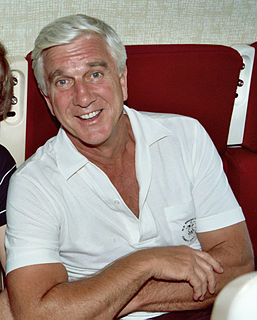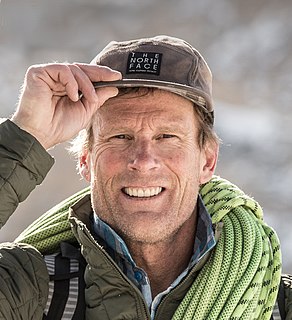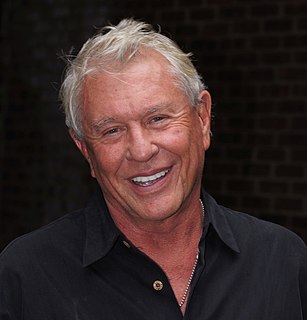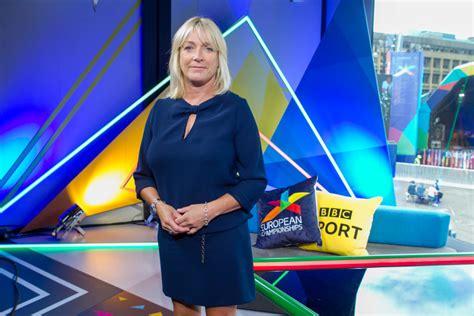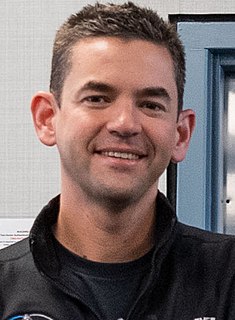A Quote by Shannon Walker
We've got pictures from the Space Station going back 20 years. We can see the glaciers receding in the photography that we do. We can see the effects of lakes drying up and other things that are happening around the planet.
Related Quotes
I would love to see what's going to happen with science fiction with peoples' heads, because we still have people running around in the year 2050 or 2100 or 2200 and they have incredible technology and you see the effects: laser beams and rays and beaming down and beaming up. Incredible technical things happening, but everybody is still running around jealous, fighting, whacking, cheating. There's got to be something going on! Some kind of change. I'd like to see something starting to happen in that area, with the psychology of the human being and how that changed.
It changes your perspective to be able to look out the window and see the planet. One of the thoughts that I had when I first got up here was, 'We really do live on a planet, and we are in a solar system, and we are flying through space right now.' I mean, this is something that you know, obviously, but to see the planet - it's amazing.
I'm sitting in the drive-through and I've got my three girls in the back and this station comes on and it's playing “Jailhouse Rock,” the original version, and my girls are jumping up and down, going nuts. I'm looking around at them and they've heard Dad's music all the time and I don't see that out of them.
I would love to see the world's space programs continue toward sending humans to an asteroid or to Mars, with, of course, a full plan in place to bring them back. That excites me. And one of the things that excites me most about space is that we can go up there and put spacecraft in orbit with sensors that will help us measure the health of our planet, which is becoming particularly important. Our planet needs to be observed.
I knew that I'd lived in New York too long when, a few years ago, I was on a subway going downtown, and it stopped at 14th Street. At the station, the doors opened, and the conductor announced that there was a bomb on board and we should evacuate immediately. Nobody moved. We just looked at each other, 'Do you see a bomb?' 'I don't see a bomb.' 'There's no bomb.' 'I've only got two stops - let's go for it.
We have one planet in our solar system that's habitable, and that's the Earth, and space travel can transform things back here for the better. First of all, by just having people go to space and look back on this fragile planet we live on. People have come back transformed and have done fantastic things.


